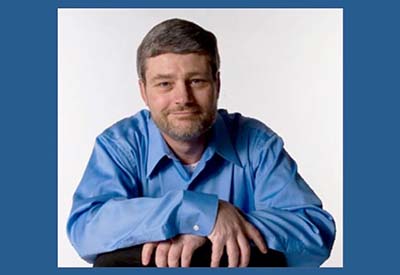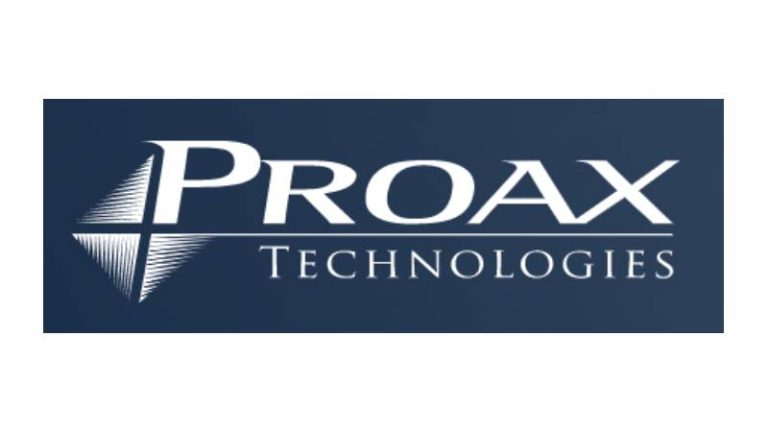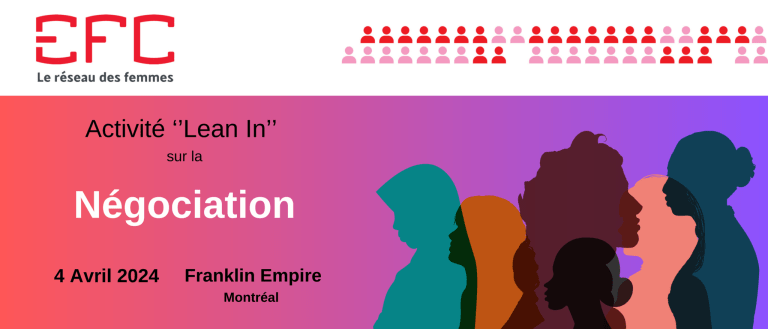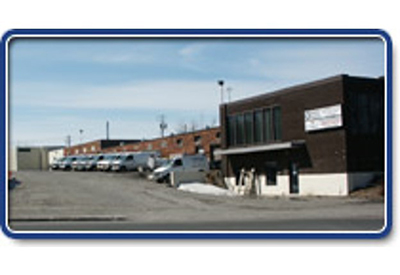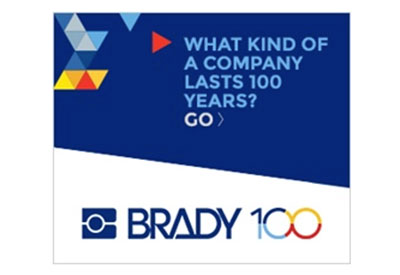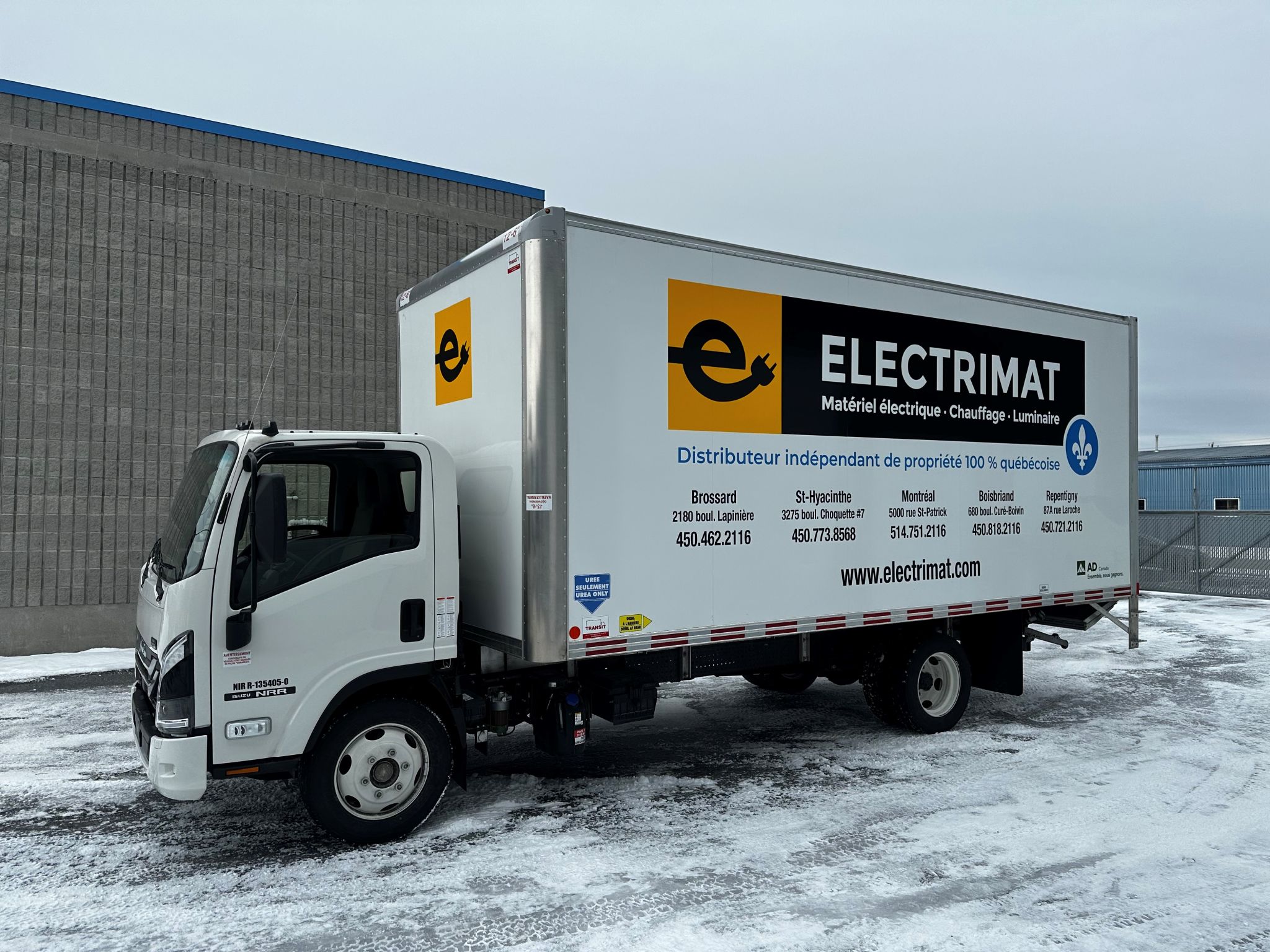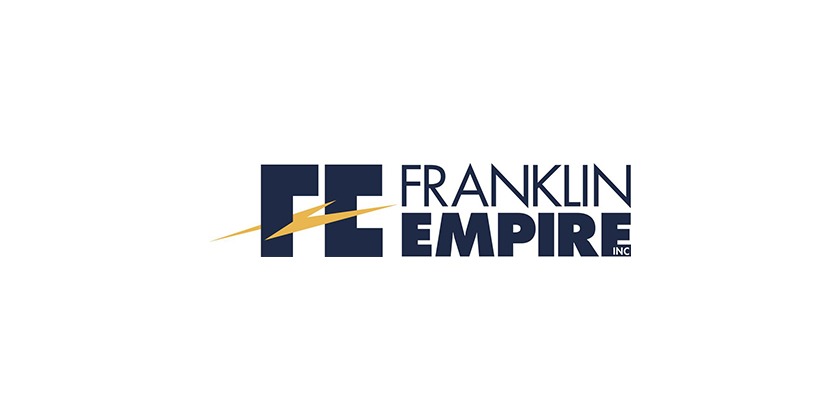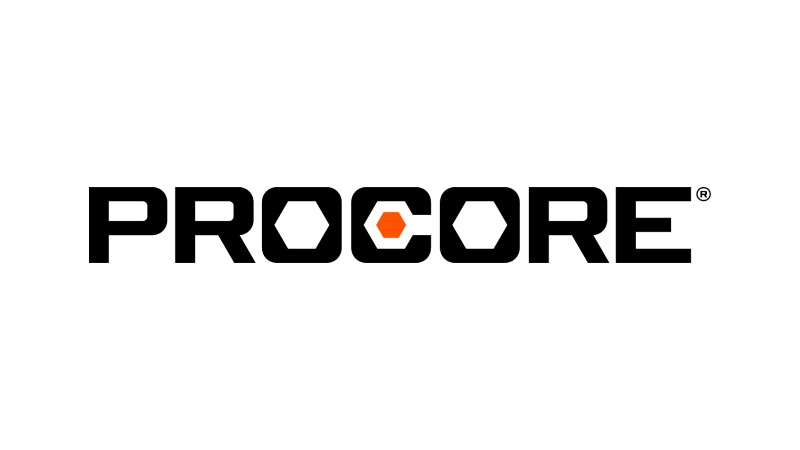Michelle Branigan
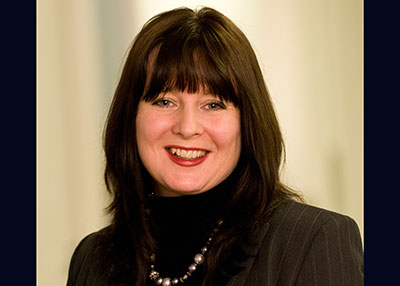
Le monde est presque trop petit pour contenir tous les projets de Michelle Branigan, la directrice générale de Ressources Humaines Industrie Électrique du Canada. Elle a une connaissance profonde du marché et de l’industrie électrique. Ses ambitions sont propulsées avec le vieillissement des infrastructures électriques canadiennes, une force de travail qui devra être renouvelée sous peu et un manque de main d’œuvre qualifiée pour faire face aux défis de demain. Elle est prête à rencontrer tous ces défis. Sa devise : Balance, collaboration et engagement. Selon elle, il faut être pratique et apprendre de ses erreurs. En riant elle ajoute que sur sa pierre tombale on inscrira : Pragmatique.
The world is almost too small to contain all the projects of Michelle Branigan, the CEO of Electricity Human Resources Canada http://electricityhr.ca (EHRC; @electricityHR), the leading source of HR information for Canada’s electricity Industry.EHRC recently released the findings from its Bridging the Gap project, a national public/private initiative that aims to increase the representation of women as skilled workers in the electricity and renewable energy sector.
Branigan has an intimate knowledge of the market and the industry. Her ambitions are fuelled by Canada’s aging electricity infrastructure, a maturing workforce, and a growing skilled labour shortage. Originally from Ireland,Branigan holds a Masters degree in Training and Performance Management from the University of Leicester, U.K., and is a certified Project Management Professional. Responsible for all EHRC operations and strategic planning, she is ready to meet the challenges of the industry — mainly labour. Her motto: Balance, Collaboration and Commitment, be practical and learn from your mistakes, they’re a great teacher. With a laugh she adds that the inscription on her tombstone will read “Practical.”
How do you evaluate success?
First of all you need to define what success is, or will look like. You need to know what your goals areand to ensure they are realistic.Then see if you have achieved what you set out to do, and made a difference along the way.
What have you learned from your mistakes? And from your successes?
Mistakes are opportunities to learn. Don’t be so afraid of taking a risk because of the fact that you might fail, don’t be paralysed by indecision, and trust your gut. If you do fail, you pick yourself up from it and try again. Don’t underestimate yourself. Successes — look at worked well, and why. For example, was the team motivated, did we try something different based on past experiences? It’s great to celebrate successes – just remember they still provide an opportunity to learn.
What has been your greatest achievement so far?
Balance! Trying to have a happy and involved home life with family while also doing the best you can do at work. I wouldn’t say I have achieved it yet, but it’s something I work on – it sounds almost like a cliché at this stage, but to be a well-rounded leader I think you need to have that balance at home as well. I have always been told I’m very driven, focused and energetic, but I would never sacrifice my time with my son or husband.
If you could relive the last 10 years of your life, what would you do differently?
Be more assertive. I think women especially tend to be a little more reticent — at board meetings, at project meetings, especially if there are very few women in the room. There has been a lot of media play about this over the last few months and I have to say a lot of the experiences out there have resonated with me. Women who are assertive are often seen as pushy — if they disagree with a viewpoint they are seen as argumentative. Not being afraid to be heard, and disagreeing with a colleague or peer in public can take courage, and confidence. Men have no problem disagreeing with each other, but there is still that push back when a woman does it in public.
What decisions do you find are the most difficult to make?
Sometimes it can be difficult to let go of an idea for a project/issue that you really want to address or are passionate about, but that is not really a key priority at this moment in time, either from the view of the sector or as a result of funding/capacity.
Also from a HR perspective, making the decision to let a staff member go can be hard. It has nothing to do with personalities but the fit for the position, and sometimes it can be hard to make those decisions. But the longer you drag them out the worse the situation becomes. Be willing to admit that you made a mistake in some instances and act on it quickly (e.g., wrong hire).
What are your pet peeves?
Individuals who work in silos and have no interest in looking at the bigger picture — those who only want to be heard but not to listen. And egos. I have no time for arrogance.
What is keeping you awake at night?
Nothing right now.
What books and/or magazines do you read?
I’m currently reading Hilary Clinton’s Hard Choices, and anything in the nature ofa spy or police thriller works for me — Peter James, Michael Robotham, Robert Ludlum. Magazines are usually industry publications and read when flying — it’s the only time I get to catch up.
What qualities do you feel a successful manager should have?
Communications — being willing to listen to others and consider their positions without feeling that yours is the only right way to do things. At the same time being able to make tough decisions.Being fair — people may not agree with your decisions but ideally they will respect them. Being honest plays a big part of that.
Describe a typical work week for you.
Never dull and always busy. Last week I spoke with a number of employers about how they approach disabilities in the workplace, and what could we do to support best practices in this area. I then wrote a proposal to the federal government (in response to an open call) on that topic. I also spoke at Cannexus 15, a career development conference for guidance counsellors, specifically about our Bridging the Gap program. I responded to a query from a career seeker who was looking for advice on how to enter the industry. Lots of listening. The work that we do has to be practical and focus on the needs of employers. Our Labour market information research (LMI) drives that but we need to check in periodically with folks to see what their burning issues are right now. LMI**is a big part of our organization— we are currently looking to undertake a new study this year and I am going out to industry to ask them to support it financially. In a not for profit you wear a lot of different hats —CEO, marketing, communications, leadership, fixing the photocopier…
If you could change one thing about your industry, what would it be?
Again the diversity piece crops up here, we need to see more aboriginals, women, youth, and immigrant populations represented in our sector..
And I’d like to see the work on labour mobility continuing —Canada really is like a bunch of different little countries under the one umbrella; I’d like to see it easier for apprentices to move between provinces and not have to jump through hoops to do so.There’s some good work happening on this front right now..Harmonizing standards across the country would be a key goal. We find even the nomenclature used in the industry can vary from province to province.
Long term planning —Its really difficult to develop a long-term workforce strategy when the landscape can transform due to political changes.
Public awareness of what the industry offers new entrants. There is still a lack of awareness of the types of jobs available in the industry, as well as the opportunities in the skilled trades. Traditionally, entering into the trades has been viewed by parents as inferior to pursuing a university education, and as a result parents and guidance counsellors are encouraging high school students to enter into a bachelor program. We jneed to change this mindset by engaging with guidance counsellors, parents, high schools, and post-secondary institutions to clearly identify all the career development opportunities in the industry and to increase the number of people choosing a career in this industry.
What industry developments are you most looking forward to? How do you see the industry benefiting from it/them?
Technological advances that are taking place in the industry and the opportunities they offer not only from a consumer standpoint (i.e., the ability to be more in control of your consumption habits) but because they offer a whole new generation an exciting opportunity to be involved in an industry that heretofore was considered somewhat staid.
Again, diversity is another issue. We see all the challenges of a changing demographic and the boomers’ mass departures, but what about the opportunities this gives us to build a workforce for this century where no one even thinks twice about a woman climbing a 200 foot pole in the middle of a snowstorm? I hate the term ‘non-traditional”’ roles. Seeing that phrase become redundant would be a wonderful thing.More women at the helm as role models — I want to see them everywhere!
* Michelle Branigan is the Chief Executive Director of Electricity Human Resources Canada (formerly the Electricity Sector Council), a national, industry led organization whose mandate is to identify and address human resource issues facing the electricity industry. Having led several key initiatives for the organization as a senior project manager, including EHRC’s renowned labour market research program, she now provides leadership and executive oversight, working with industry to ensure that it has the tools and research to support the Canadian economy.
A human resources professional with over 15 years of experience in project management, human resources development, recruitment, and curriculum development and evaluation, both in Canada and Ireland, Branigan holds a Masters degree in Training and Performance Management from the University of Leicester, United Kingdom and is a certified Project Management Professional. Branigan is an active member on the Board of the Energy Council of Canada, and the newest member of EIN’s editorial advisory board.
**Leadership Management International is a training and development company that helps leaders and organizations achieve their full potential; http://www.lmi-inc.com/LMI-INT.html.


